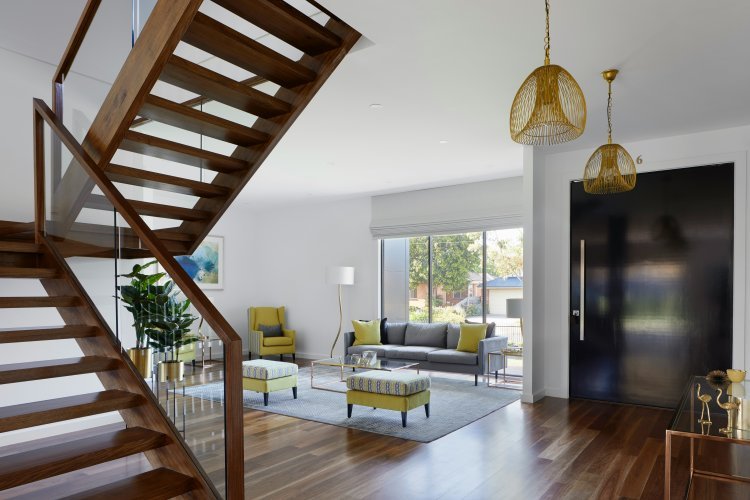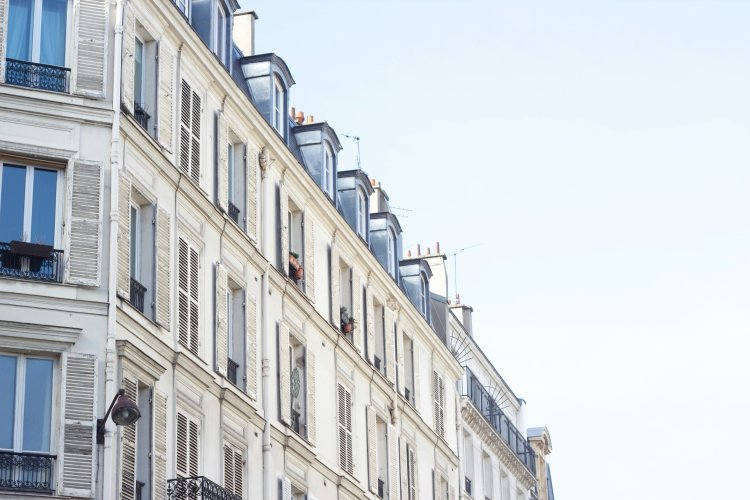How to Find Renting Apartment in Paris
Find the perfect apartment in Paris with our guide. Learn tips and resources for renting an apartment in Paris to make your search easy and successful.

Find a renting apartments in Paris can be an exciting yet daunting task. The allure of living in one of the most beautiful cities in the world comes with its own set of challenges. However, with the right strategies and knowledge, you can navigate the Parisian rental market with confidence. This comprehensive guide will walk you through the essential steps to find and secure the perfect apartment in Paris, all while optimizing your search for search engine visibility.
- Understand the Paris Rental Market
Before diving into your search, it’s crucial to understand the Paris rental market. Paris is divided into 20 arrondissements (districts), each with its own unique character and charm. Rental prices can vary significantly between these areas. Generally, central arrondissements (1st to 8th) are more expensive due to their proximity to major attractions, while outer arrondissements (9th to 20th) offer more affordable options.
- Determine Your Budget
Setting a realistic budget is the first step in your apartment search. Consider your monthly income and other expenses to determine how much you can comfortably spend on rent. Keep in mind that landlords typically require tenants to have a net income of at least three times the rent. Additionally, factor in the costs of utilities, internet, and other monthly expenses.
- Decide on the Type of Apartment
Paris offers a variety of rental options, from furnished apartments to studios, one-bedroom apartments, and larger family homes. Decide on the type of apartment that best suits your needs. Furnished apartments are ideal for short-term stays or those who prefer convenience, while unfurnished apartments may be more suitable for long-term residents who wish to personalize their living space.
- Choose the Right Neighborhood
Choosing the right neighborhood is crucial for your overall experience in Paris. Here are a few popular neighborhoods to consider:
- Le Marais (3rd and 4th arrondissements): Known for its historic charm, vibrant nightlife, and trendy boutiques.
- Saint-Germain-des-Prés (6th arrondissement): Famous for its intellectual history, chic cafes, and art galleries.
- Montmartre (18th arrondissement): Offers a bohemian vibe, with stunning views from the Sacré-Cœur Basilica.
- Bastille (11th arrondissement): Known for its lively atmosphere, restaurants, and nightlife.
- Latin Quarter (5th arrondissement): Home to students and academics, with a lively cultural scene.
- Start Your Search Online

The internet is a valuable resource for find a renting apartments in Paris. Several websites and platforms specialize in Parisian rentals. Here are a few popular ones:
- SeLoger: One of the largest real estate websites in France, offering a wide range of rental listings.
- PAP: A platform for direct rentals between individuals, eliminating agency fees.
- LeBonCoin: France’s equivalent of Craigslist, with numerous rental listings.
- Paris Attitude: Specializes in furnished apartment rentals, ideal for expatriates and short-term stays.
- Airbnb: A good option for short-term rentals and getting a feel for different neighborhoods.
- Utilize Real Estate Agencies
If you’re struggling to find renting apartment on your own, consider using a real estate agency. Agencies can provide access to exclusive listings and handle much of the paperwork for you. Keep in mind that agencies typically charge a fee equivalent to one month’s rent.
- Network and Ask Around
Word of mouth can be incredibly powerful in Paris. Let friends, colleagues, and acquaintances know you’re looking for an apartment. Expats and locals often hear about available apartments before they’re listed online.
- Prepare Your Documents
Parisian landlords are known for being thorough when it comes to tenant screening. Be prepared by having the following documents ready:
- Proof of income: Recent pay slips or a work contract.
- Bank statements: Usually from the past three months.
- Identification: Passport or ID card.
- Guarantor: If you don’t meet the income requirements, a guarantor (someone who agrees to pay the rent if you can’t) may be required.
- Schedule Viewings
Once you’ve found potential apartments, schedule viewings as soon as possible. Paris apartments, especially the good ones, can get rented out quickly. Be punctual and bring your documents with you to the viewing. If you like the apartment, you may need to act fast to secure it.
- Inspect the Apartment
During the viewing, thoroughly inspect the apartment. Check for any signs of damage, ensure that all appliances are functioning, and verify that the heating and plumbing are in good condition. Don’t be afraid to ask the landlord or agent questions about the apartment’s history, utility costs, and any additional fees.
- Understand the Lease Agreement
Before signing a lease, make sure you understand all the terms and conditions. The lease (bail) in France is typically for one year, with automatic renewal unless otherwise specified. Pay attention to the notice period required for termination, usually three months for an unfurnished apartment and one month for a furnished one. Also, clarify what’s included in the rent, such as maintenance fees and property taxes.
- Negotiate the Rent
Negotiating the rent is not common in Paris, but it’s not impossible, especially if you’re willing to sign a longer lease or if the apartment has been on the market for a while. Be respectful and reasonable in your negotiations.
- Pay the Security Deposit and First Month’s Rent
Once you’ve agreed on the lease terms, you’ll typically need to pay a security deposit (caution) equivalent to one or two months’ rent, along with the first month’s rent. Ensure you receive a receipt for these payments.
- Move In and Set Up Utilities
After signing the lease and making the necessary payments, you can move into your new apartment. Set up utilities such as electricity, gas, water, and internet. In most cases, you’ll need to contact the respective utility companies to set up your accounts.
- Register with Local Authorities
In some cases, you may need to register with local authorities or the landlord. This is especially true for non-EU residents. Check with your landlord or agency to understand any additional administrative requirements.
Conclusion
Renting apartments in Paris may seem challenging, but with careful planning and the right approach, you can secure the perfect home in this enchanting city. Remember to research neighborhoods, set a realistic budget, prepare your documents, and act quickly when you find a suitable apartment. By following these steps, you’ll be well on your way to enjoying the unique and vibrant lifestyle that Paris has to offer.
What's Your Reaction?












![Wireless Connectivity Software Market Size, Share | Statistics [2032]](https://handyclassified.com/uploads/images/202404/image_100x75_661f3be896033.jpg)


